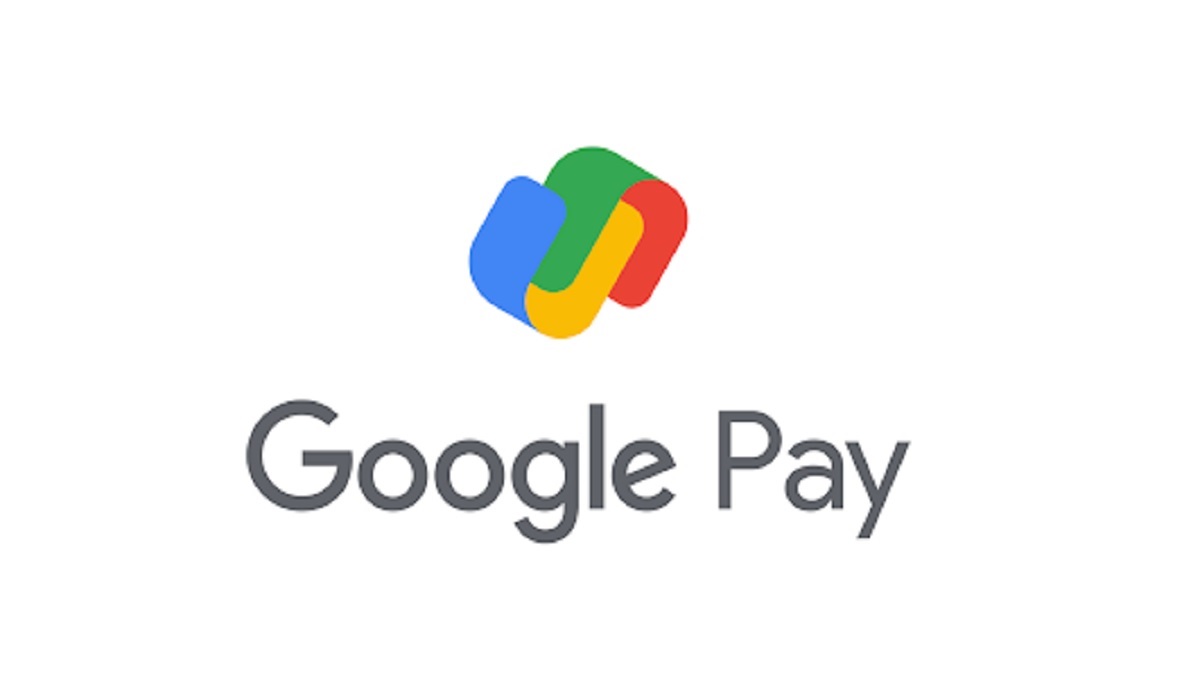How to use Aadhaar-based authentication for UPI activation on Google Pay?
With its Aadhaar-based UPI onboarding flow, Google Pay aims to expand the accessibility of UPI IDs, allowing a wider range of users to participate in digital payments. Currently available for customers of supported banks, more banks are expected to join soon.

Google Pay has announced the launch of Aadhaar-based registration for UPI (Unified Payments Interface) through the National Payments Corporation of India (NPCI). This new feature allows Google Pay users to register for UPI using their Aadhaar credentials, eliminating the need for a debit card to set their UPI PIN.
By leveraging the Aadhaar-based UPI onboarding flow, Google Pay aims to facilitate the setup of UPI IDs for a larger user base, enabling more individuals to engage in digital payments. The feature is currently available to customers holding bank accounts in supported banks, with additional banks expected to join in the near future.
According to data from the Unique Identification Authority of India (UIDAI), over 99.9% of adults in India possess an Aadhaar number and use it at least once a month. The introduction of Aadhaar-based onboarding on UPI aims to increase accessibility for a greater number of users and promote financial inclusion across the country.
To utilize the Aadhaar-based UPI registration, users must ensure that their phone number registered with UIDAI matches the one linked to their bank account. Additionally, their bank account must be linked with Aadhaar. Once these prerequisites are met, users can follow the provided steps for a smooth onboarding process.
ALSO READ: Apple collaborates with Mira, an augmented-reality headset startup
By incorporating Aadhaar-based registration, Google Pay aims to simplify the UPI setup process and drive the adoption of digital payments among a wider audience in India. This initiative aligns with the Indian government's vision for a more inclusive and cashless economy.
- Google Pay offers users the choice between a Debit card or Aadhaar-based UPI onboarding or Aadhaar-based registration, where users need to enter the first six digits of their Aadhaar number.
- Authentication involves entering OTPs from UIDAI and the user's bank
- The user's bank will then finalize the process and enable them to set their UPI PIN
ALSO READ: Sony to organize more digital showcases and livestreams this year: Report
After completing the Aadhaar-based UPI onboarding process on Google Pay, customers gain access to various functionalities within the app, including making transactions and checking balances. When users enter the first six digits of their Aadhaar number, it is securely transmitted to UIDAI through NPCI for validation. This stringent process guarantees the protection of users' Aadhaar numbers. It's important to note that Google Pay does not retain the Aadhaar number but instead serves as a mediator in sharing the number with NPCI exclusively for validation purposes.
ALSO READ: Zoom IQ, a new generative AI-powered tool now available for free trial: Know details